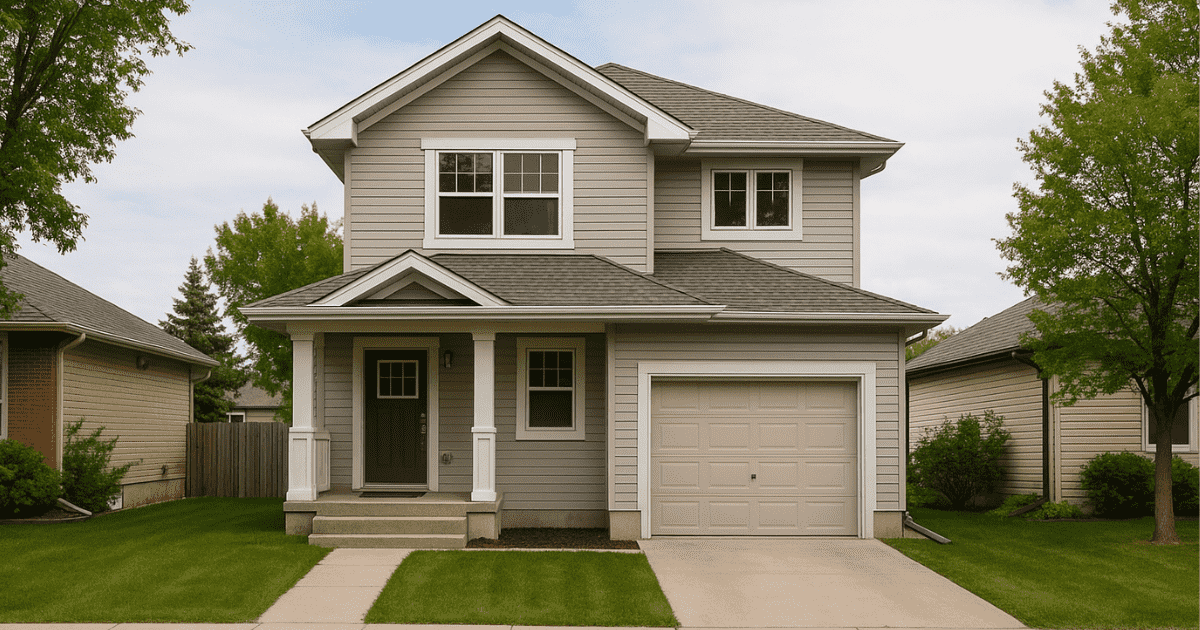Last week, the City of Ottawa’s Planning and Housing Committee proposed to raise the fees it charges developers building new homes by 11 per cent. These development charges are collected by municipalities to cover infrastructure costs and provide new housing services including water, wastewater and roads.
OREA’s take
Tim Hudak, CEO of the Ontario Real Association (OREA), says the increase will have a disastrous impact on new housing supply and raise the cost of new homes. “The potential impact that these increases will have on housing supply has not gone unnoticed by the federal housing minister, housing industry experts and homebuilders. OREA and the province’s nearly 100,000 realtors join our partners and stakeholders in sharing our concern that these fees will only worsen the housing affordability crisis.”
He indicates that development charges are an onerous part of building new homes in Ontario, as they hinder new construction and increase the price of a new home by up to $135,000, which gets passed down to the buyer.
OREB’s take
The Ottawa Real Estate Board (OREB) also points out that further hikes will lead to higher home prices and slow the construction of new homes — ultimately making homeownership less attainable for many Ottawa residents.
Like OREA, OREB strongly opposes the proposed increase and wants the city to reconsider a move that it says threatens to worsen the challenges facing prospective homebuyers. The board points out that the ramifications of a cost increase will also be felt beyond the community’s broader housing market when businesses and services can’t adequately attract and retain staff due to a lack of housing.
“At a time when we should be expanding the housing supply and enhancing affordability, this proposal moves us in the opposite direction. It risks deepening the housing crisis, putting additional financial strain on families and individuals striving to buy their first home. It runs counter to the federal and provincial governments’ efforts to address housing issues through new funding initiatives that do not rely on increasing costs for consumers,” the board states.
Alternative solutions
OREA and OREB suggest that municipalities pursue other avenues to increase revenue and build new infrastructure. Hudak points out that both the federal and provincial governments have offered new funding opportunities for municipalities that exclude passing costs down to consumers (including the Ford Government’s Building Faster Fund and the Trudeau Government’s Housing Infrastructure Fund).
In addition, both organizations recommend implementing more effective and equitable solutions to funding essential infrastructure without hindering housing development, including:
- Allowing water and wastewater services to be provided by municipal services corporations
- Changing city-wide policies to end exclusionary zoning, thereby allowing more diverse and affordable housing options to be built
- Encouraging higher density developments along transit corridors to maximize the use of existing infrastructure
- Helping switch underused commercial properties into residential spaces, increasing the housing supply without new land development
The ask of city council
“Ontario realtors, the Ottawa Real Estate Board and our partners in the Ottawa region are calling on Ottawa City Council to strike down the proposed hike on development charges and instead find solutions that will encourage more home construction and actually bring affordability closer to home,” Hudak declares.
“OREB and its 4,000 member realtors have insights and innovative solutions that promote housing affordability and supply and are committed to working with Ottawa’s city council, policymakers and housing partners to help more residents secure suitable housing,” the board offers.














Why would Tim Hudak care how much they raise their fees after what he did to realtor fees this year raising them so much it forced realtors with over 35 years service out of the business completely.
He should keep his opinions to himself.